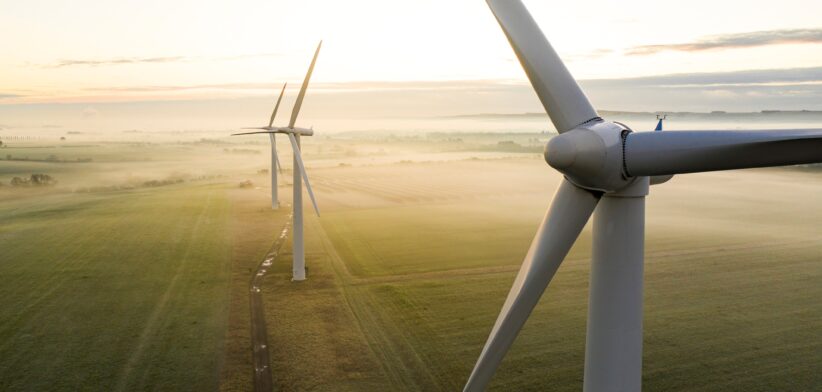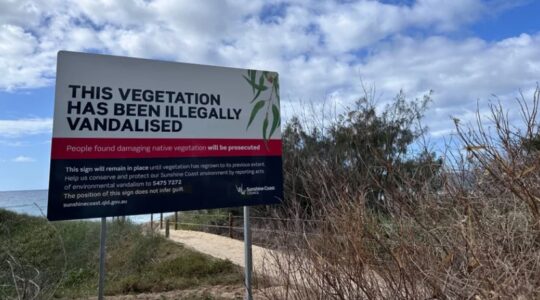Most Australians prefer a measured approach to the introduction of renewables and are becoming less inclined to accept living near a source of renewable energy.
A CSIRO survey of almost 7000 Aussies gauged attitudes toward the renewable energy transition.
The survey found while most Australians supported the shift to renewables, almost half (47 percent) wanted a moderate-paced transition rather than a faster and more extensive change (supported by 40 percent).
While 80 percent of respondents said they would tolerate living within 10km of renewable energy infrastructure, the shine has come off solar farms.
The survey found 88 percent would tolerate living near a solar farm, a drop from 95 percent in a 2020 survey.
More than 80 percent of people surveyed would be okay living near a windfarm. However, those living in proposed offshore windfarm regions were more likely to reject living near them.
Acceptance of living near associated transmission lines was lower than other forms of renewable energy infrastructure, with 23 percent of people rejecting it and 77 percent willing to tolerate it.
More than 6700 people were surveyed in all states and territories, across capital cities and regional areas, between August and September last year.
The survey found the top priorities in the energy transition were affordability, energy self-reliance, emissions reductions and reliability, in that order.
CSIRO Senior social scientist Dr Andrea Walton said the survey was developed to ensure views were representative and included people with experience living near existing or proposed renewable energy developments.
“The value of such a large survey is we can report with a higher degree of certainty what a range of people think,” Dr Walton said.
“The survey showed that most Australians supported the energy transition, but opinions varied about the rate and extent of change.
“Many Australians held generally moderate attitudes towards living near renewable energy infrastructure, suggesting a broad willingness to support, or at least tolerate, the development of solar farms, onshore and offshore wind farms, and associated transmission line infrastructure.”
Dr Walton said more research was needed to understand different geographic contexts like living out of town in regional areas and living near existing energy infrastructure.








